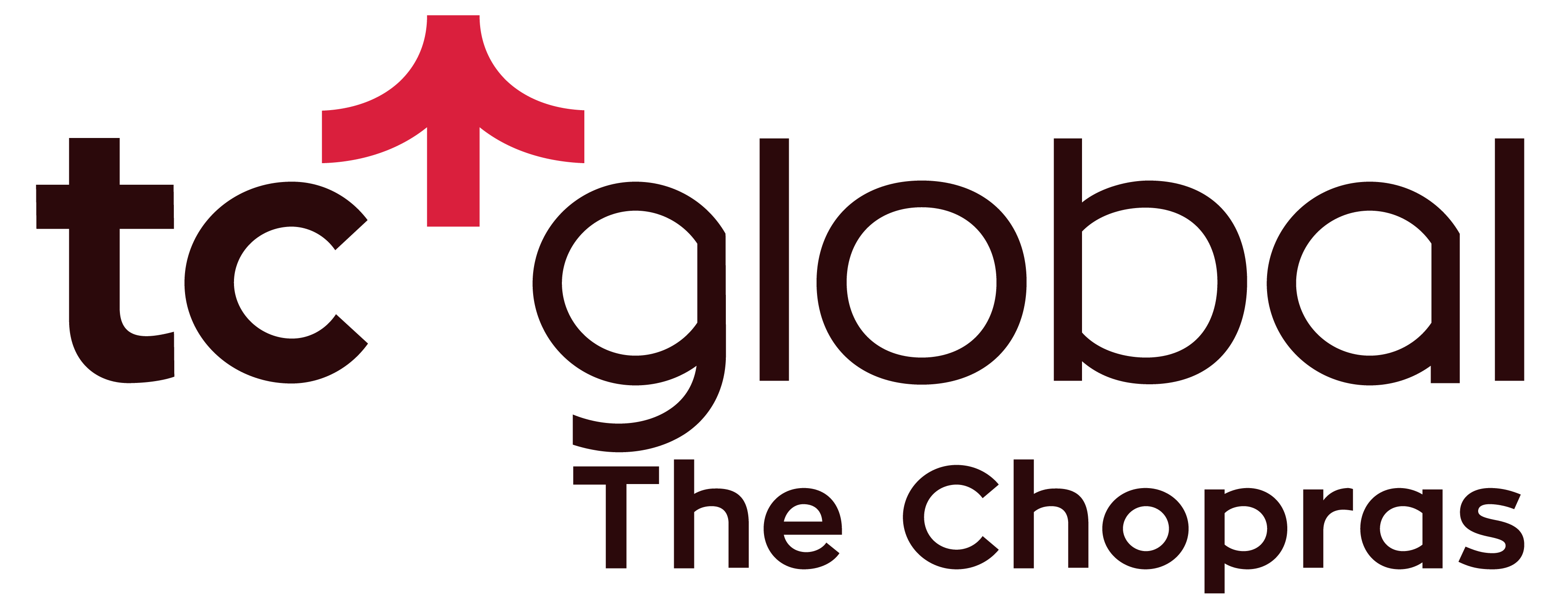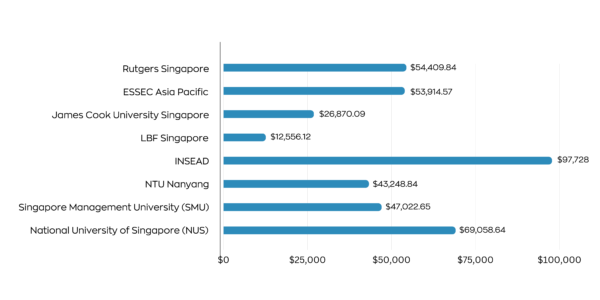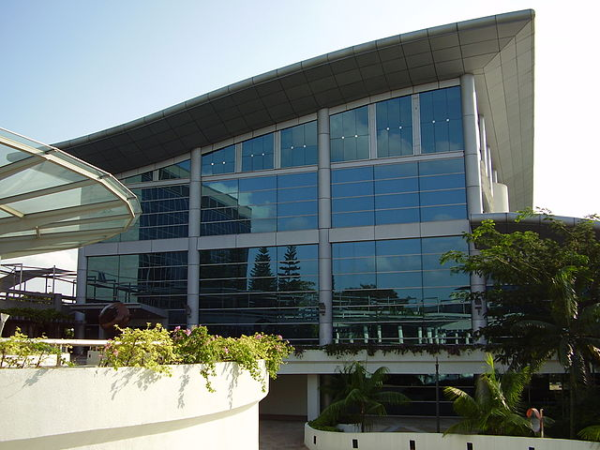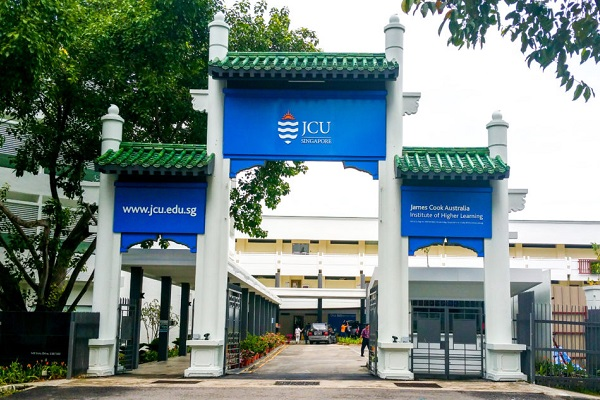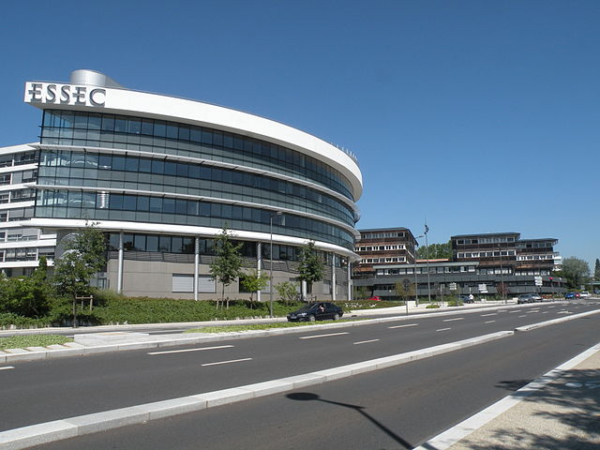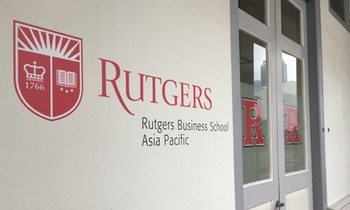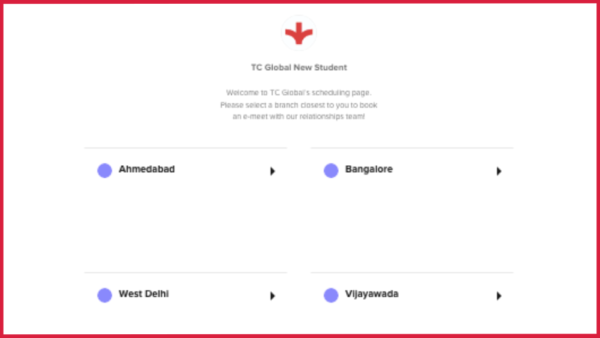
The National University of Singapore (NUS) was established on August 8, 1991, as an autonomous university. The university is located in the heart of the city-state, adjacent to the National University of Singapore–NUS Medical School, and within walking distance of the National University of Singapore–NUS Business School.
The university comprises the main campus on Clementi Road and two satellite campuses in Hougang and Kallang. The main campus is home to the faculties of law, business, health sciences, engineering, arts, humanities, sciences, social sciences, and education. The two satellite campuses are home to the faculties of nursing, dentistry,
Why Study MBA here?
NUS MBA graduates are equipped with knowledge in various disciplines such as finance, accounting, and marketing. This means that they are able to work in various industries such as banking, consulting, or retail.
NUS is a leading university in Asia and has been ranked number one in Asia by the QS Ranking. It offers a range of programmes spanning from humanities to engineering and business to law. The programme at NUS is ranked as one of the best in the world by The Economist, Financial Times, and The Wall Street Journal.
A degree from NUS is recognised globally for its high-quality education and its graduates are highly sought after for their excellent job prospects.
Career Prospects
NUS is a prestigious university and it has been ranked as the top university in Asia and the third in the world by QS World University Rankings. It is also ranked first for employability.
The NUS MBA programme provides students with a comprehensive understanding of business, management, and economics. The curriculum is designed to equip students with skills for global leadership, entrepreneurship, innovation and sustainability. The course has a strong international focus, with a large number of faculty from overseas universities.
Eligibility and Fees
The average cost to study at NUS is about$69,058.64. The program requires students to have procured a UG Degree and 2 years of work experience. GRE/GMAT scores are important with a preference for higher scores. As far as English proficiency is concerned, the students need a score of TOEFL above 100 or IELTS above 6.5.
